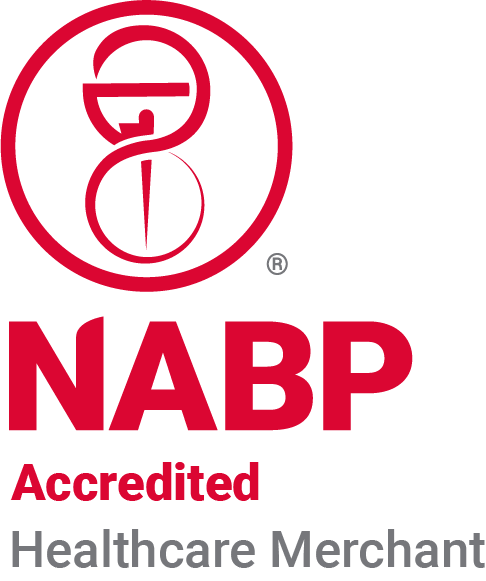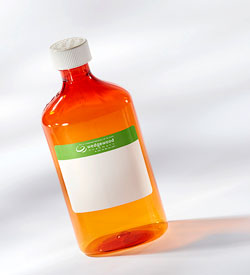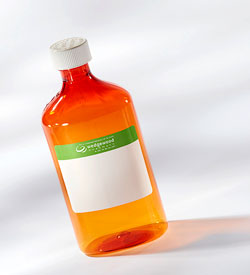Providing Quality & Trust
Trilostane Oral Suspension
Wedgewood Pharmacy
$117.01 - $258.07
$117.01 Each
Detailed Description
Trilostane Oral Suspension
Prescribed For: Dogs and Cats
May be Prescribed For: Canine Cushing's
Trilostane for Dogs and Cats
Trilostane may be prescribed for
- Canine Cushing's
One of the dosage forms available for Trilostane is Oral Suspension. Wedgewood Pharmacy’s oral suspensions and solutions are a familiar and convenient dosage form. Oral suspensions and solutions can be administered directly into the mouth using a dosing syringe or mixed with a small amount of food. They offer a wide range of flavoring options, and flexible dosing adjustments.
97 strengths of Trilostane Oral Suspension are available, ranging from 1 mg/ml to 250 mg/ml.
How to Give this Medication
Give this medication to your pet exactly as your veterinarian prescribes. If you miss giving your pet a dose of trilostane, give the next dose as soon as you remember or, if it is close to the next scheduled dose, return to the regular schedule. Do not double dose to catch up.
Oral trilostane is absorbed rapidly and usually is given with food.
Wash your hands after giving your pet this medication.
Side Effects
Be sure to discuss any side effects with your veterinarian immediately. Particularly with a drug like trilostane, which affects hormone levels, side effects may be related to lower than normal hormone levels, causing metabolic disturbances. Your veterinarian may recommend discontinuing the trilostane until blood tests can be performed and analyzed.
The more common side effects include loss of appetite, lethargy, weakness, vomiting, and diarrhea. Rarely, fatalities have been reported.
Very rarely, trilostane can cause the adrenal gland to stop functioning totally. If this occurs, the change is permanent and your animal will need to be on lifelong supplementation of both corticosteroids and mineralocorticoids.
Precautions
Keep this and all drugs out of reach of children. Trilostane is a prescription drug and should be used according to your veterinarian’s directions, and given only to the animal for which it was prescribed. Do not give this medication to a person.
Trilostane may affect the levels of some of the other hormones produced in the adrenal gland. There are some dogs in which trilostane blocks the synthesis of these other hormones (mineralocorticoids) more effectively than the targeted corticosteroid. These dogs are at increased risk for metabolic problems including dehydration, weakness, and abnormal serum electrolyte levels.
Trilostane is metabolized by the liver. It generally is not used in animals with liver or kidney problems. Trilostane should be used with caution in animals that are anemic.
Trilostane should not be used in animals that are pregnant or nursing.
Drug Interactions
Be sure to review with your veterinarian any medications or supplements your pet may be receiving.
Potassium-sparing diuretics should be avoided because of potential high serum potassium levels.
Overdose
If you suspect your pet or another animal was overdosed accidentally or has eaten this medication inadvertently, contact your veterinarian or the A.S.P.C.A.’s Animal Poison Control Center at 888.426.4435. Always bring the prescription container with you when you take your pet for treatment.
If you or someone else has accidentally ingested this medication call the National Capital Poison Center at 800.222.1222.
Storage
Different strengths or dosage forms of trilostane may have different storage requirements. Read the labeling or ask your pharmacist for the storage requirements of the prescription you receive.

Powered by nopCommerce
This site is running in live payment mode. Real payments will be processed.

